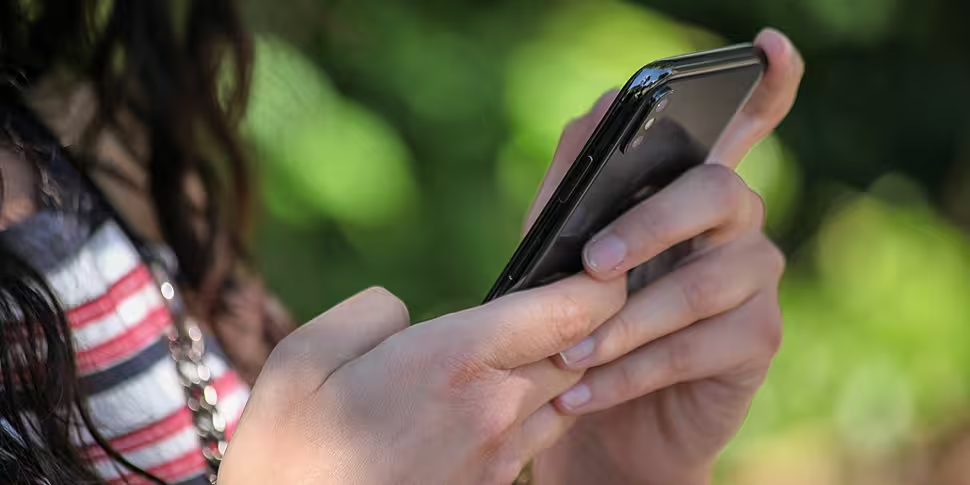More than half of Irish teenagers have been asked by someone to send sexually explicit pictures of themselves, according to research.
The recent study from the DCU Anti-Bullying Centre found that nearly 45% of participants (all aged between 15 and 18) had been ‘frequently’ asked to send such images.
However, more than three quarters (76%) of the respondents had not sent such an image.
Meanwhile, around a third of respondents said they’d received a sexually explicit image when they really didn’t want to - with that number 'much higher' among girls (21.9%) than boys (7.5%).
Mairead Foody, lead author of the study, told Newstalk Breakfast the findings weren’t a surprise as similar results have been seen internationally.
She said: “In this sample, we had nearly half saying they were frequently asked to send an image - but that number jumps way down when you ask people ‘did you actually send a sexual image’.
“There is a lot of request, but people have some autonomy: young people can be trusted to make a decision that suits them.
“When we did ask them who you sent the image to, they’re saying it’s probably a boyfriend, girlfriend or someone I had a crush on - that’s the bulk of the figures.
“You could argue that’s part and parcel of regular relationships. But there’s a consent issue there: things can pretty quickly turn negative for young people if their images are out there.”
She said there was a gender aspect to the findings, as girls were more likely to be sent images without requesting them.
She explained: “Apart from the fact there are people’s images out there, there’s also a sexual harassment element around girls having to see or receive these images when they haven’t requested them.”
Other Irish research in recent years has also suggested an increase in 'sexting' among Irish teenagers.
Dr Foody said the issue is something adults need to talk to teenagers about.
She observed: “We know from another study that we did, that when young people had an image of them shared online without their consent, we asked who they told about it: 50% said they didn’t tell anybody, and then the other 40% or so said they’d tell somebody their own age. They’re not speaking to their parents or older adults about it.
“Probably parents are naturally afraid about [this issue], so I think it’s important they open a dialogue with their children around it.”









